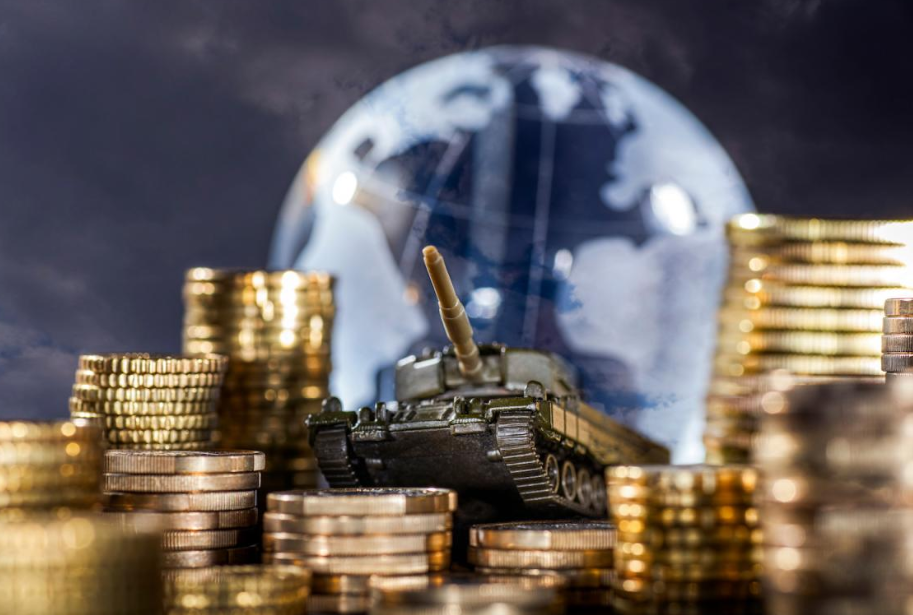The prospect of World War III looms large, raising concerns about its potential economic ramifications. In this article, we’ll explore the possible effects of such a catastrophic event on the global economy, financial markets, and everyday life.
Impact on Global Economy
World War III would likely plunge the global economy into turmoil, disrupting trade, supply chains, and investment flows. Countries directly involved in the conflict would experience severe economic contraction, while neutral nations would face uncertainty and volatility. The costs of war, including military expenditures and infrastructure damage, would strain government budgets and hinder economic recovery efforts.
H2: Financial Markets in Turmoil
Financial markets would bear the brunt of World War III, with stocks, bonds, and commodities facing extreme volatility. Investors would flee risky assets, seeking safe havens such as gold, government bonds, and stable currencies. Exchange rates would fluctuate wildly as market sentiment wavers, exacerbating economic uncertainty and hindering international trade.
Disruption of Trade and Commerce
World War III would disrupt global trade and commerce, leading to shortages of essential goods, rising prices, and economic dislocation. Supply chains spanning multiple countries would be severed, causing delays in production and distribution. Consumers would face scarcity and higher costs for basic necessities, further dampening economic activity and consumer confidence.
Humanitarian Crisis and Refugees
The humanitarian toll of World War III would be staggering, with millions displaced, injured, or killed. Refugees fleeing conflict zones would strain host countries’ resources, exacerbating social tensions and economic strains. Humanitarian aid efforts would face logistical challenges amid the chaos of war, prolonging suffering and hindering recovery efforts.
Environmental Degradation
World War III would wreak havoc on the environment, with widespread destruction of ecosystems, pollution, and resource depletion. Military operations, including bombings, chemical warfare, and nuclear attacks, would cause irreparable harm to land, water, and air quality. Environmental degradation would have long-term consequences for public health, agriculture, and economic sustainability.
Conclusion
In conclusion, the economic consequences of World War III would be catastrophic, affecting every aspect of global society. From financial markets in turmoil to disruption of trade and commerce, the fallout from such a conflict would be far-reaching and long-lasting. As we contemplate the potential for another world war, it’s crucial to recognize the need for peace, diplomacy, and international cooperation in preventing such a dire scenario from becoming a reality.
FAQ
Q: Could World War III lead to a global depression? A: Yes, World War III could potentially trigger a global depression due to widespread economic disruption, financial market turmoil, and humanitarian crises.
Q: How would World War III affect developing countries? A: Developing countries would be disproportionately affected by World War III, facing greater economic instability, humanitarian crises, and environmental degradation.
Q: Is there a possibility of avoiding World War III? A: Yes, diplomatic efforts, conflict resolution mechanisms, and international cooperation can help prevent the escalation of tensions and mitigate the risk of World War III.
Q: What role can individuals play in preventing World War III? A: Individuals can advocate for peace, support diplomatic initiatives, and promote dialogue and understanding among nations to prevent the outbreak of war.
